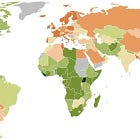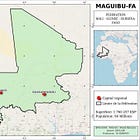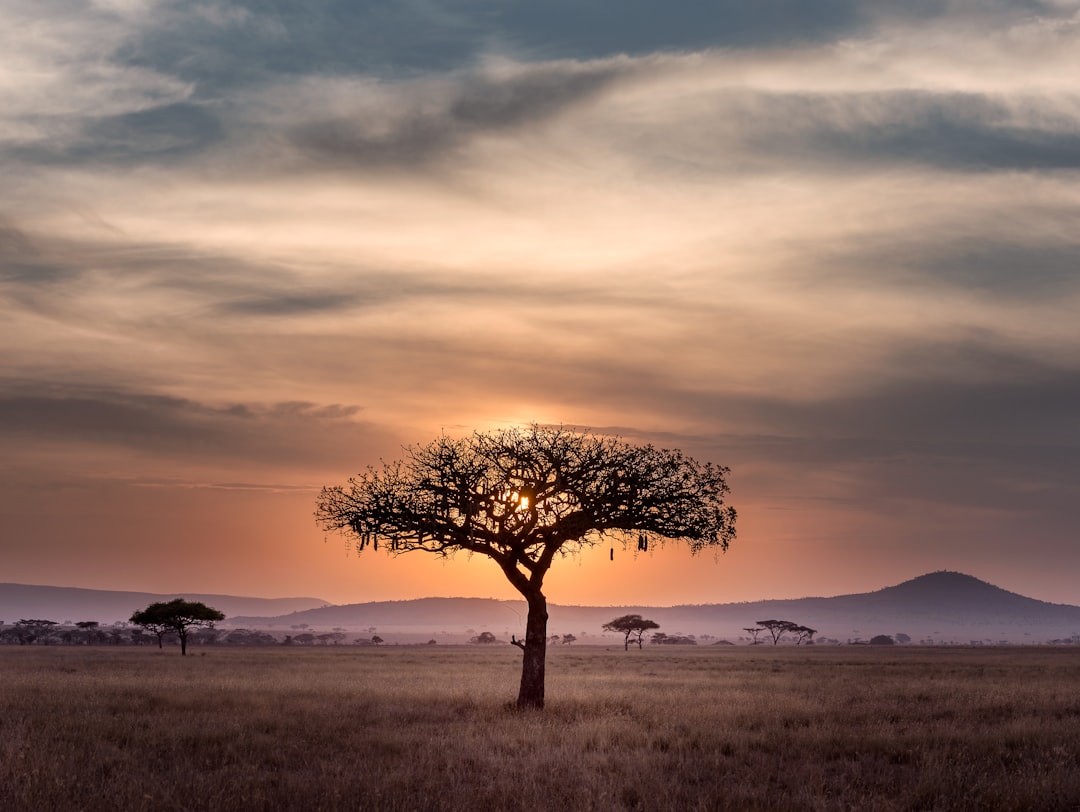Consequences of War with Niger
Having a bigger military doesn’t assure victory, as history is replete with instances of the underdog becoming victorious. It comes down to dogma & morale.
Nigeria, with the forces of ECOWAS and the support of the west, is determined to war with Niger Republic to restore democracy. It sounds like a summary of a Hollywood blockbuster, but this is our reality today.
Niger Republic is a Hausa majority country with a largest population of Tuareg, about 2.8 million (11%), making up of the state. The decision to war with them has had an interesting effect on the Nigerian polity. The South has been the primary driver of these sentiments in bringing democracy back to the Niger republic, while the north has vehemently opposed this desire.
The opposition of the North to this war is primarily driven by ethnic sentiments. As they share deep familiar relations with Hausa, which makes up over 53% of Niger republic citizens, likewise the Kanuri as well. These familiar ties are a courtesy of the Berlin Conference and the inability of Africa to realign its borders into a more meaningful state, all in the hopes of offsetting a scenario like the current was by keeping such trans-border groups hostage.
The principal trans-national groups in Nigeria are Yoruba, Kanuri, Hausa, Fulani, and Bariba. Therefore, the opinions of those who don’t share this reality should not be taken serious. Many desire wars between Africa’s states to cement statehood and nationalism, but for us who exist across multiple borders, it’s a tragedy which will see us sacrifice our souls for cementing the colonial border. A reality we must continue to reject at all costs.
Can Nigeria be victorious?
Nigeria’s claim to victory is having a bigger military and a larger population to draft from in case of a need. But having a bigger military doesn’t assure victory, as history is replete with instances of the underdog becoming victorious. It comes down to dogma & morale.
Are Nigeria’s soldiers ready to fight tooth and nail for democracy in Niger?
Are Niger’s soldiers ready to fight tooth and nail against a foreign aggressor?
Between these two states, whose male population can be co-opted into service on demand?
Do we have the numbers to take, occupy, fund, secure and govern the territory after we liberate it?
Will the rest of the Sahel simply look on as we waltz into Niger?
Global Geopolitical Forces
Global geopolitical forces have also come into play from the west to Wagner. Although the depth of involvement of these forces is not yet clear, recent Russia outreach including through Wagner point to a further investment in the region.
The west has always had deep roots here, though they are being pushed back. But the inability to commit beyond rhetoric has always armed their perceived interest in the region.
A multipolar world with its consequences is also a play here. Both sides of the divide seem invested in seeking out a battlefield far enough from their territories. It seems inevitable they will clash. Only the question is when and where. The Sahel and West Africa are currently looking as the next spark in their contention, a further escalation from Mali, Burkina Faso, Chad and Sudan.
African nations will be faced with a difficult decision and sadly, we are not allowed the option of not choosing or staying neutral. Though, whatever decision we make will result in grave consequences for us. The coming months and years will force us to face the dreaded African question of the legitimacy of its colonial borders and states. This schism, which has been left unaddressed since the colonial exit from Africa, will be exploited by all sides. Frankly, it is too late for Africa to fix this schism.
The different Ethnic Nations enclosed in colonial African contraptions will be supported to determine their fate. Age-old animosity, exploitation and denial of sovereignty will come to the fore. At the end of this decade, Africa will be a very different continent with borders reflecting the constituent Ethnic Nations.
Consequences
There is a broader Sahel angle being ignored besides the litany of jihadists and terrorist waiting to pounce once this war starts. Not to talk of the broader network of Tuareg, Fulani and Hausa fighters that will come in from across the region.
A Tuareg militia has been a mainstay in the security crisis across the Sudan. Along with the Fulani militia, they form a force that continues to corporate with other groups to distablise the region.
In the event of a war with Niger, it is expected for them along with other groups to contribute to the resulting instability with the war will institute.
Nigeria will have to be prepared to either intern or put 20% of our population under surveillance as they might be 5th columnists. As these state including are fictional, the same forces at play leading to the resulting Ukraine-Donbass divide based on ethnicity will probably result, although because of different reason including the aggression of Nigeria towards Niger.
The north of Nigeria despises being out of power. We should expect a future where election are more divisive across ethnic lines as recent events have vindicated their long held position.
People asked where will Niger find weapons. Smuggling is still a thing which Africa, with its porous borders, cannot stop. Also, Wagner has thrown their hat in the ring to support Niger along with Mali, Burkina Faso, Chad, and others. These alliances will pit the Sahel against the coastal West Africa, a face off we have not seen since pre colonial Africa. Wagner will, of course, come with the weapons and Russian support.
The above further complicates matters, as the coming war cannot be simply reduced to democracy vs authoritarianism. A force of decolonisation is at play and Nigeria will do well to navigate the waters of the francophone’s further decolonisation.
Recent events have seen Niger Republic close its airspace to Nigeria. If other Sahel states follow, what will be our response? Invade them or what? f they decide the extend the air blockade to the rest of the coastal states, what can we do?
It is the height of tomfoolery, as we’ve seen thinking, because a nation is landlocked, it has no geopolitical or economic relevance it can use to war with us. The blockade is a tool of war for which we depend on the vast ait territory of the hinterland to access much of the world. If it’s closed to us, what can we do?
It’s nice to desire to throw your weights around as a giant, but it depends not on how you feel but the depth of your capacity and accomplishments which Nigeria acutely lack.
Once upon a time in February last year we were against war and the invasion of a neighbour. We were adamant for Russia to remain diplomatic regardless of the consequences on itself. But once we found an easy prey in our eye, we discovered a litany of excuses for war. We found a good war in the name of democracy. It is fine to be hypocritical, but it takes more than just feeling strong to win a war.
Lastly, we will be burdened with funding and securing Niger’s democracy for decades to come if we succeed in our invasion. We’ve seen this play out times without number in other areas of the world with the most recent example being Afganistan.
It is quite easy to start a war, but seeking its end will be a long, treacherous road.
Be sure to share, like, comment and subscribe across all platforms.








